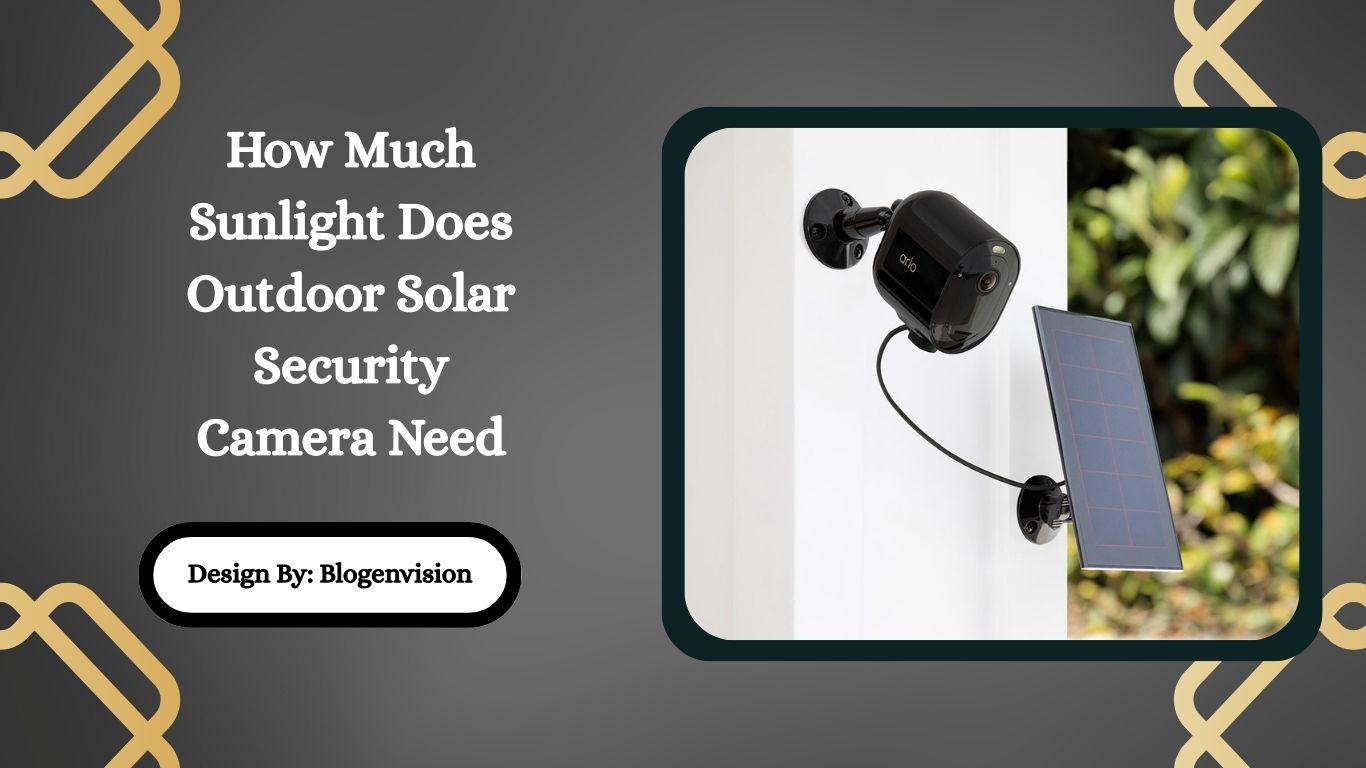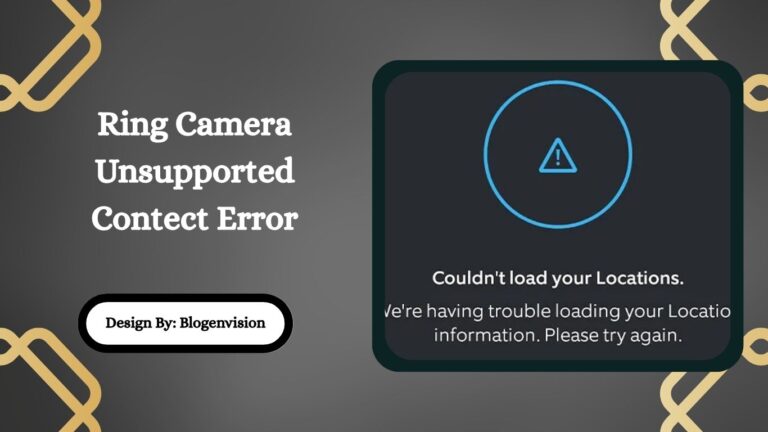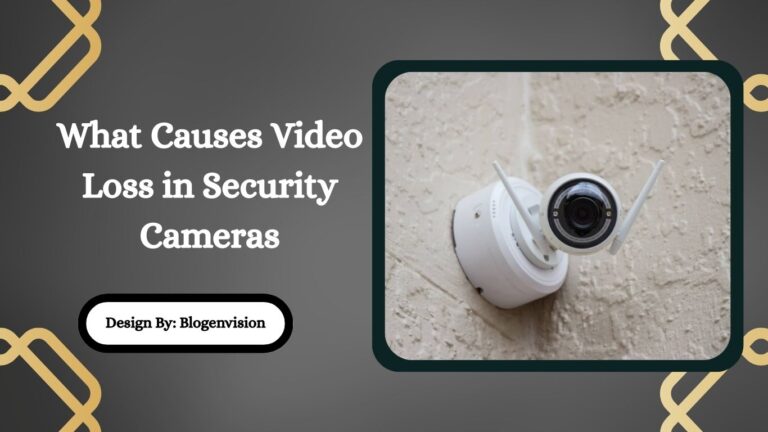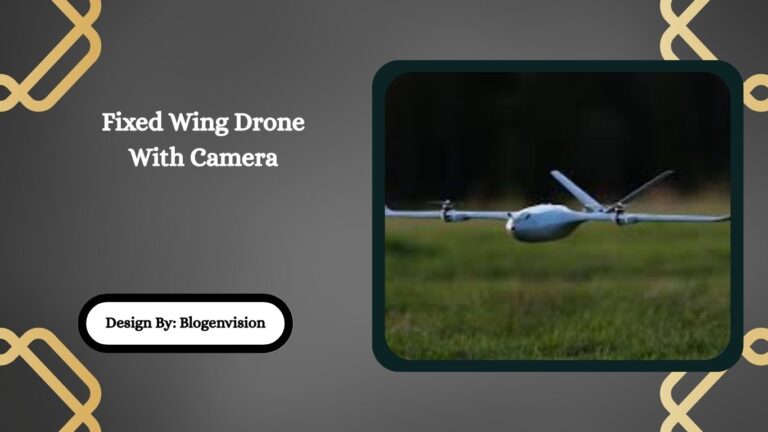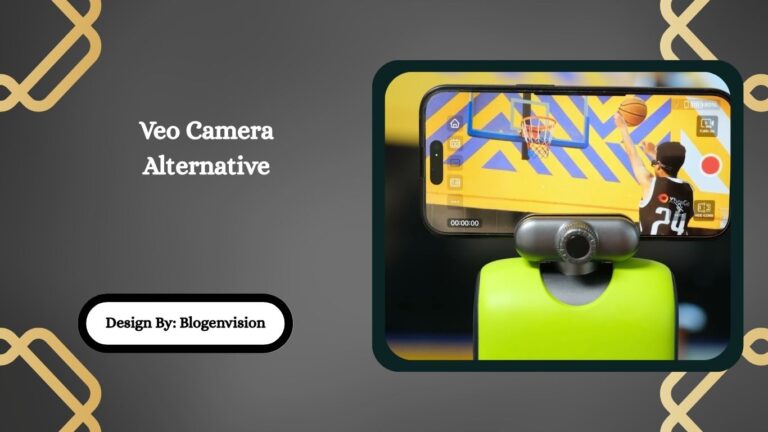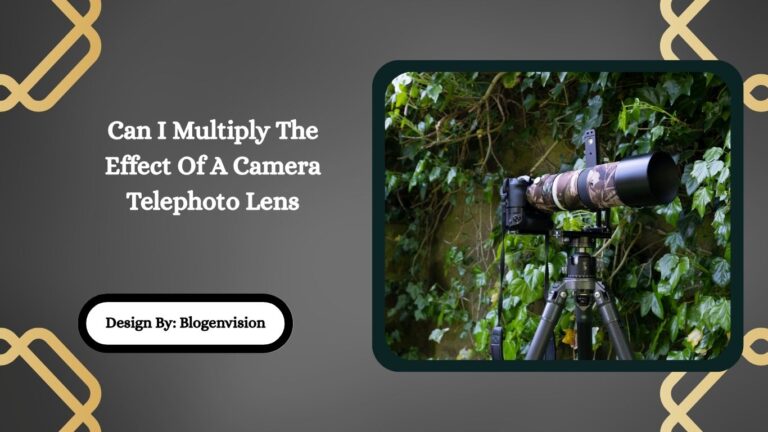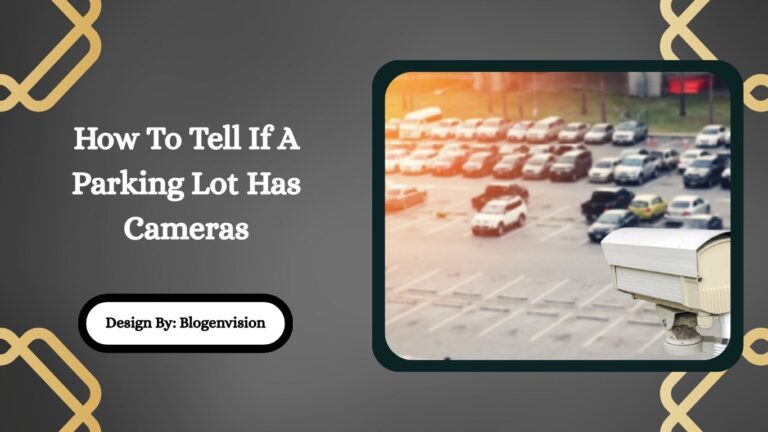How Much Sunlight Does Outdoor Solar Security Camera Need
Outdoor solar security cameras need 2-6 hours of direct sunshine daily. Modern models have fewer parts, but their optimal positioning, effective panels, and battery backup ensure year-round reliability, even in winter.
Eco-friendly home security advocates worry about how much sunshine an outdoor solar security camera needs. Many people utilize solar powered security cameras. Know their power requirements, charging methods, and performance to keep them under check.
It covers all solar camera basics to help you choose one for your home. It covers seasonal changes, solar panel installation, backup plans, and sunlight requirements.
Why Sunlight Matters for Solar Security Cameras?
Solar security cameras rely on panels that convert sunlight into electricity. This power charges rechargeable batteries that store energy for nighttime or cloudy conditions. Unlike wired cameras, they don’t depend on a fixed power outlet, making them flexible and sustainable.
Key benefits include:
- Energy independence: Powered by the sun, reducing electricity bills.
- Eco-friendliness: Support renewable power for security systems.
- Flexibility: Ideal for remote areas without power access.
However, the amount of sunlight they receive directly impacts camera performance and continuous surveillance power supply.
How Much Sun Does a Solar Camera Need Daily?
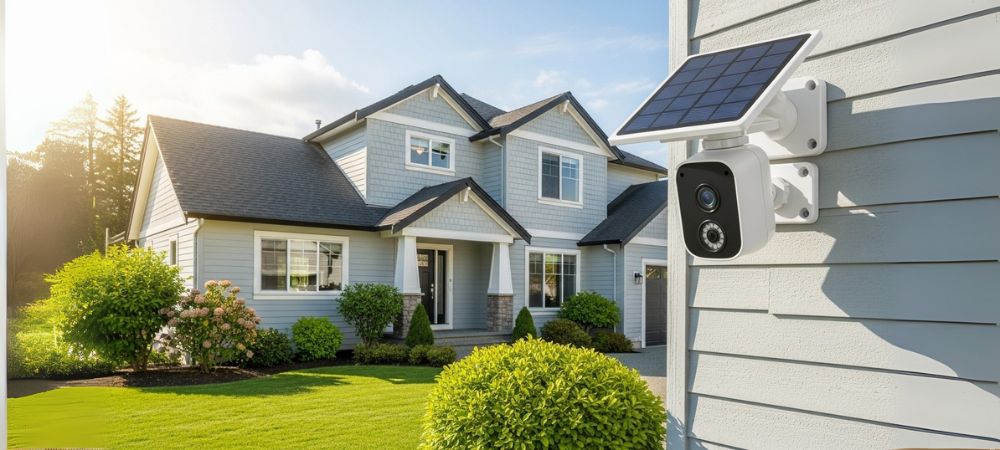
On average, an outdoor solar security camera requires 3–6 hours of direct sunlight per day to stay fully charged.
- High efficiency models: Some work with as little as 2–3 hours of sunlight.
- Standard models: Typically need closer to 5–6 hours.
- Cloudy conditions: With solar energy efficiency improvements, many cameras still recharge under indirect light, though at a slower rate.
How many hours of sunlight for a solar security camera? Answer: Ideally 4–6 hours daily for reliable performance.
Can Solar Security Cameras Work in Shade?
A common question is: Can solar security cameras work in shade?
- Yes, but with reduced efficiency. Panels can still absorb ambient light, but charging will be slower.
- Partial shade locations may work if panels receive at least a few hours of direct sun.
- Best placement for solar security cameras is in areas with open southern exposure (in the Northern Hemisphere).
If full sun isn’t possible, consider adding larger panels or a battery backup for solar cameras.
Do Solar Cameras Work on Cloudy Days?
Do solar cameras work in cloudy weather? Yes, but performance depends on solar panel wattage and output.
- Low light charging capacity allows modern panels to generate energy even in overcast conditions.
- However, charging speed drops by 50–75% in heavy cloud cover.
- Energy storage in rechargeable batteries helps maintain functionality when sunlight is limited.
For regions with frequent cloudy days, investing in a higher capacity battery ensures continuous surveillance power supply.
How Long Do Solar Cameras Hold Charge?
Another question is: How long do solar cameras hold charge?
- Most solar powered cameras store 2–6 days of backup power in their batteries.
- Premium models can last up to a week or more without sunlight.
- Battery performance depends on usage, resolution, motion detection settings, and seasonal sunlight variations.
This makes them reliable for short cloudy periods or even in winter months with reduced daylight hours.
Do Solar Cameras Work at Night?
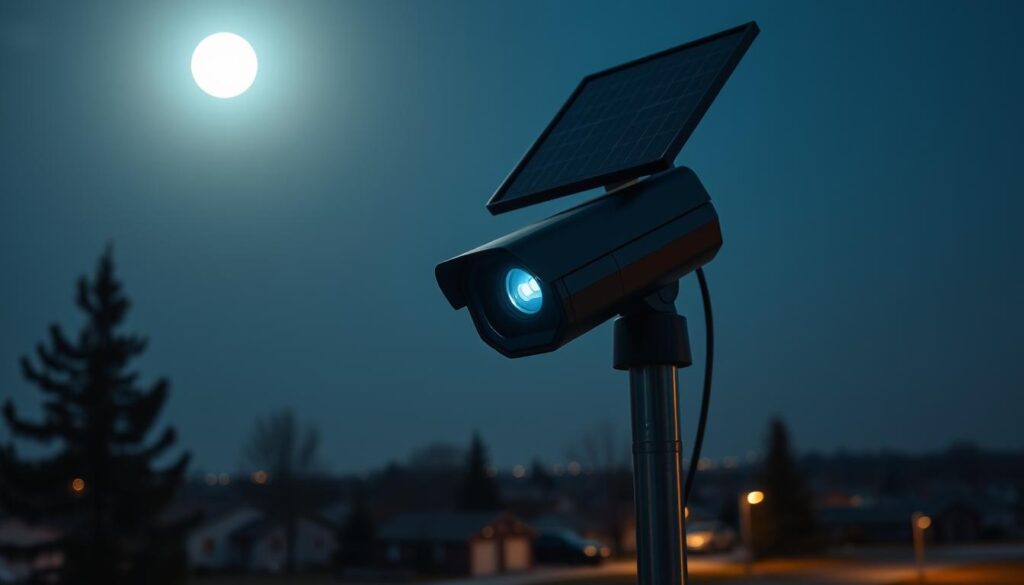
Yes, do solar cameras work at night with batteries? Absolutely.
- During the day, solar panels charge the battery.
- At night, the camera runs entirely on stored energy.
- Most models include infrared night vision, which consumes more battery power but ensures round the clock security.
The key is ensuring the battery is fully charged during daylight.
Will a Solar Camera Work in Winter?
Will a solar camera work in winter?
- Yes, though reduced daylight and shorter sun exposure affect charging.
- Solar panel angle and positioning should be adjusted seasonally to capture maximum light.
- Snow covered panels must be cleaned for efficiency.
For cold climates, choose models with large capacity batteries and low light charging capabilities to maintain year round reliability.
Solar Panel Charging Requirements
The charging needs of solar cameras depend on panel wattage and camera power draw.
- Small cameras may only require 2–3 watts daily.
- High end security models with continuous recording may need 5–10 watts daily.
- Adding external solar panels increases solar energy efficiency and ensures full charging in low sunlight areas.
Manufacturers usually provide exact solar panel charging requirements, so always check specifications before purchase.
Outdoor Solar Camera Installation Tips
Proper installation plays a major role in efficiency:
- Placement: Mount panels where they get maximum direct sunlight.
- Tilt angle: Adjust according to latitude for year round exposure.
- Avoid obstructions: Keep panels free from trees, buildings, or other blockages.
- Maintenance: Clean dust, dirt, and snow off panels for optimal performance.
- Battery backup: Always consider a built in or external battery for cloudy days.
Correct installation directly affects solar camera efficiency factors and long term reliability.
Outdoor Camera Power Source Options

While solar is popular, it’s not the only option:
- Wired cameras: Reliable but require drilling and electrical connections.
- Battery only cameras: Portable but need frequent recharging.
- Hybrid systems: Combine solar with plug in charging for maximum reliability.
For those who want renewable power for security systems, solar remains the most sustainable and cost effective choice.
Is a Solar Powered Camera Reliable Year Round?
Yes, with proper installation and maintenance, solar cameras are reliable year round. However, reliability depends on:
- Sunlight exposure for solar panels
- Battery storage capacity
- Seasonal sunlight variations
- Weather conditions in your area
In most cases, a solar powered security camera with a good battery can run continuously with minimal downtime.
FAQs:
1. How many hours of sunlight do outdoor solar cameras need for reliable use?
Most outdoor solar security cameras need 3–6 hours of direct sunlight daily for reliable performance. High efficiency models require less, while standard versions need more. Proper placement and battery capacity also impact long term functionality in varied conditions.
2. Do solar security cameras work in areas with frequent shade?
Yes, but efficiency decreases. Solar panels can still charge under indirect light, though much slower. For shaded areas, larger panels, extended battery capacity, or hybrid power options are recommended to ensure consistent, uninterrupted camera performance year round.
3. Can solar powered security cameras work in cloudy or rainy weather?
Yes. Modern panels can still convert low light into energy during cloudy or rainy weather, though charging speed is reduced. Backup batteries ensure power, making solar cameras reliable even in regions with frequent overcast conditions or rainy seasons.
4. How long will a fully charged solar camera battery last without sunlight?
A fully charged solar camera battery can last 2–6 days without sunlight, depending on model, resolution settings, and motion detection usage. Premium systems with larger batteries can provide up to a week of continuous surveillance power supply.
5. What’s the best placement for outdoor solar security cameras?
The best placement ensures maximum sunlight exposure, typically on a southern facing wall or roof (Northern Hemisphere). Panels should be angled correctly, free from obstructions, and regularly cleaned. Correct placement significantly improves efficiency and long term solar panel charging performance.
Conclusion
Although installing solar security cameras outside is a green way to safeguard your property, its efficiency is reliant on sunlight. The majority require three to six hours of sunlight per day. At night and in cloudy conditions, they are powered by batteries. If you install and position the panels correctly and adjust for the seasons, solar cameras can operate in the winter or in the shadow. Solar-powered security cameras are renewable, durable, and reasonably priced, and they protect homes all year round without the problems associated with wired systems.
Related Post:
- Is It Illegal To Have Cameras in a Classroom – Explained Guide!
- Does The iphone Camera Add Weight – Truth Behind Photo Distortion!
- Can Disposable Cameras Go Through TSA – Guide for Travelers!
- Can Airport Scanners Damage Digital Cameras – Full Guide!
- Can Older Rpi Camera Work In Pi 5 – Setup, Tips, and Fixes!

